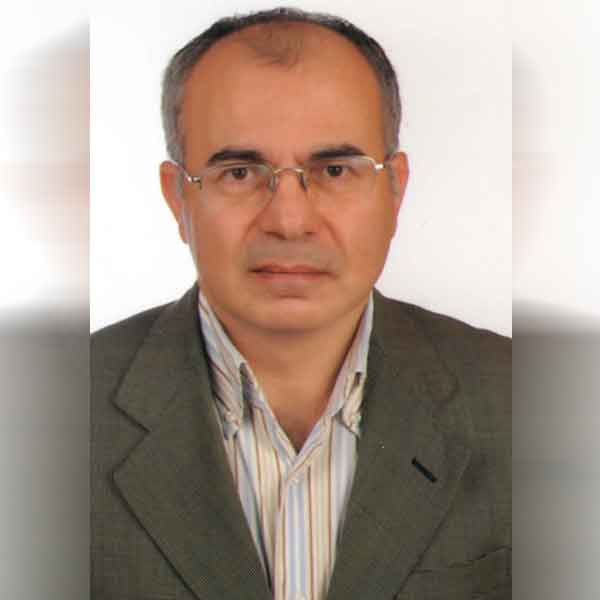Decision Support Model for Energy Cost Prediction
Abstract
The share of energy cost is one of the significant part into total cost. Because different energy sources can be used for energy production, the energy sources cost prediction has become very important for long and short term planning. Nowaday the accuracy of this predictions have become more important than past.
At this article a new energy cost or price prediction method offers by using five components. These five components are as follows; political uncertainties, demand change, discovery of new resources, development of new technology and the costs of future generations. The price or cost trends of various energy sources would be predicted by using the fluctuation of offered five factor. Political uncertainty would decrease demand of energy so crude oil price decrease. Brexit decision on June 2016 has been caused 6% decrease on crude oil prices. A big earthquake has occurred at March 2011 at Japan. In short time world oil price, unusually, fell on news of the disaster. Japan economy is the world’s third biggest economy and third biggest importer of crude oil. As a result of this disaster Japan crude oil demand was decreased in the short term. Because economic output have declined and factories was shut. A barrel of benchmark Brent crude oil was down %2,4. The model has predicted roughly %2 down on crude oil prices because of demand has decreased when other component values same. The improvement of new technologies and processes makes it possible to use existing source with competitive cost advantage that could not able to used feasibly in past. The shale gas cost is one of the typical examples. The production of shale gas has been increased from 5% to 40% between 2007 and 2013 in total US gas production by using new developing technologies. As the conventional energy sources cause environmental problems, future generation cost factor have to be considered. The explosion on BP’s offshore drilling rig in the Gulf of Mexico was resulted the largest accidental offshore oil spill in the history of the petroleum industry in 2010. It caused environmental disaster about sea pollution and BP company has paid more than 7 billion US$ compensation.
First of all one of the energy source is selected for cost prediction such as crude oil, sun, wind etc. Then these five component is evaluated for selected source. Each of the five component is weighted as percentage according to the influence of energy cost. The total of the weight should be hundred percent. A value between minus one to plus one is appointed for each component by taking into account of current conditions. The weight of each variable multiply by related appointed value. Finally the sum of five multiplied values is found. It will be positive or negative value between minus one to plus one. The positive numeric values shows the decreasing trend of selected energy cost. The negative numeric values shows increasing trend. The new values has to be calculated when one or more variables are changes considerably. At this method each variables weight’s and appointed score has to be tested in order to predict realistic value. So the energy cost is predicted by considering new conditions. All of the five factors are mutually interact with eachothers. By the using of the model more accurate cost / price prediction may be done. Thus the planning of the energy investment may be planned more effectively.
Biography
Ahmet Erkoç 1959 yılında İstanbul’da doğmuştur. Lisans öğrenimini Yıldız Teknik Üniversitesi, yüksek lisansını İstanbul Teknik Üniversitesi’nde tamamlayarak Elektrik-Elektronik yüksek mühendisi olarak profesyonel çalışma hayatına başlamıştır. Sonraki dönemlerde Marmara Üniversitesinde Yönetim Bilişim Sistemleri (MIS) yüksek lisansını ve Maltepe Üniversitesi İşletme Doktora programını bitirmiştir. Doktora tezinde, Türkiye’deki endüstriyel kümelerin daha kısa sürede uluslararası rekabet üstünlüğü kazanabilmesini sağlamak amacıyla yeni bir kümelenme modeli önermiştir. Yıldız Teknik Üniversitesi Elektronik ve Haberleşme Bölümünde araştırma görevlisi, Telekomünikasyon sektöründe uluslararası bir firmada uzun bir süre mühendis ve yönetici olarak çalışmıştır. Kurucusu olduğu şirkette elektronik tasarım ağırlıklı çalışmalarını sürdürmüş ve aynı zamanda Kocaeli Üniversitesinde 9 yıl kesintisiz kısmi zamanlı öğretim görevlisi olarak çalışmıştır. Çeşitli üniversitelerde ve uluslararası konferanslarda toplam kalite yönetimi, teknoloji, inovasyon, yenilenebilir enerji konularında seminerler vermiştir. Halen Haliç Üniversitesi Endüstri Mühendisliği bölümünde Yrd. Doç. Dr. olarak çalışmaktadır. İleri derecede İngilizce bilmektedir.
